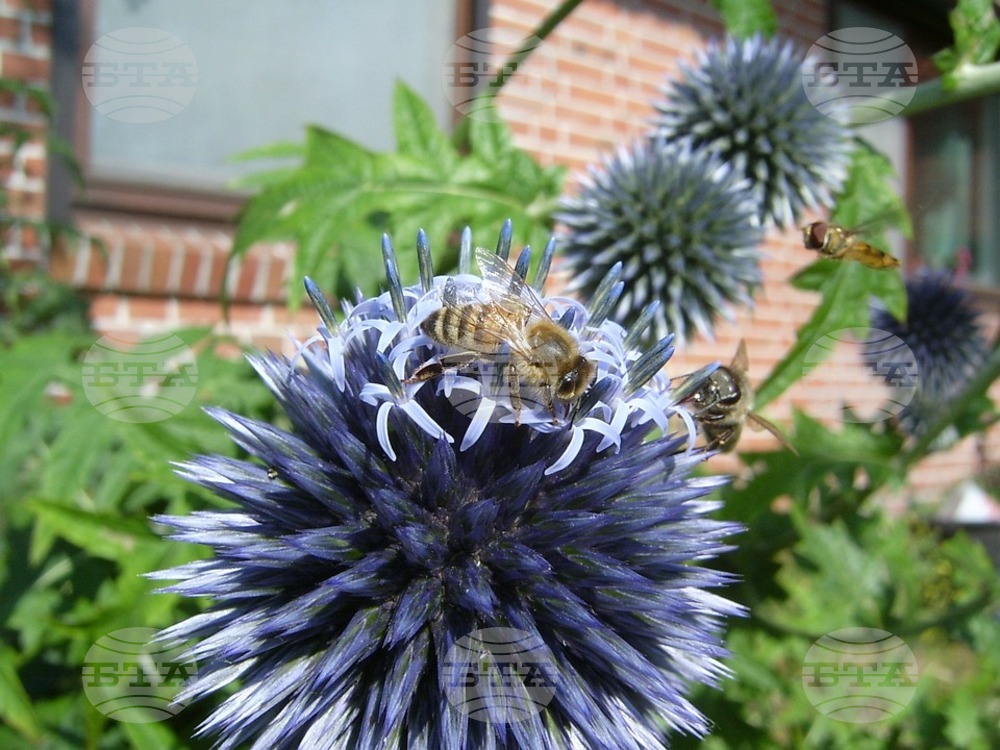World Bee Day
![Construction and Pesticide Spraying Among Reasons for Decline in Bee Numbers]()
![Construction and Pesticide Spraying Among Reasons for Decline in Bee Numbers]() Pixabay Photo
Pixabay Photo
site.btaConstruction and Pesticide Spraying Among Reasons for Decline in Bee Numbers


Construction and pesticide spraying are among the reasons for the decline in bee numbers, according to Save the Bees Foundation co-founder Georgi Pchelin and Iva Georgieva from the Bulgarian Biodiversity Foundation. On the occasion of World Bee Day, BTA asked them about the importance of these insects, the danger and causes of their extinction, and how we can prevent this.
/MR/
news.modal.header
news.modal.text